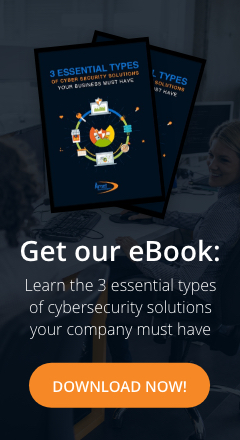Data backup and replication are important processes to consider when drafting an information and data strategy. These two work hand in hand, but are often (incorrectly) used interchangeably.
Backup and replication are two different things. Below are definitions that can help you differentiate the two so that you can design your data strategy better.
Definitions
Backing up data is the process of copying and archiving information so that it may be used to restore the original data in the event of data loss. Backups are used both as a contingency to recover data in case of a loss event and/or as a stage in a data management protocol.
Replication is the act of sharing and synchronizing information to maintain consistency between redundant resources or data repositories to improve reliability, fault tolerance, and/or accessibility. It just means that identical, updated copies of information are stored across several devices.
Backups and replication are the main concepts behind disaster recovery. Disaster recovery activities are processes, policies, and procedures that are involved in the preparation for recovery or continuation of technology infrastructure after a disaster or any data loss event.
Disaster recovery
Disaster recovery is an area of security planning that aims to protect a business from significant setbacks brought about by disasters. Specifically, with information and data management, its primary goals are to ensure that a company’s data is protected through various means and that the business can continue to operate during and/or in the aftermath of a data loss event.
Businesses are naturally exposed to many forms of potential data loss events such as natural disasters (typhoon, flood, etc.) or those borne of a human element (cybercrime, terrorism, etc.). Ideally, a disaster recovery plan (DRP) should allow businesses to continue operating as close to normal as possible.
A comprehensive DRP should include planning and testing of strategies, as well as considerations for a separate physical site for operational continuity. The key is to make sure that there are enough contingencies to be able to respond to a multitude of data loss issues, whether foreseen or otherwise.
Cloud Connect
Arnet is an official Veeam Cloud & Service Provider partner, and is therefore a recognized provider of Cloud Connect services. Cloud Connect helps reduce operational costs, as it removes hassles related to acquiring and managing your own local backup repository.
With Veeam Cloud Connect, you can be assured that your files are within easy reach and don’t require extra downloads. You can also browse your files online and pick which ones to restore at certain times.
Arnet Technologies is Columbus, Ohio’s premier technology solutions provider. We can help you with your compliance, security, IT management, and support needs. Click here to schedule your free consultation.

